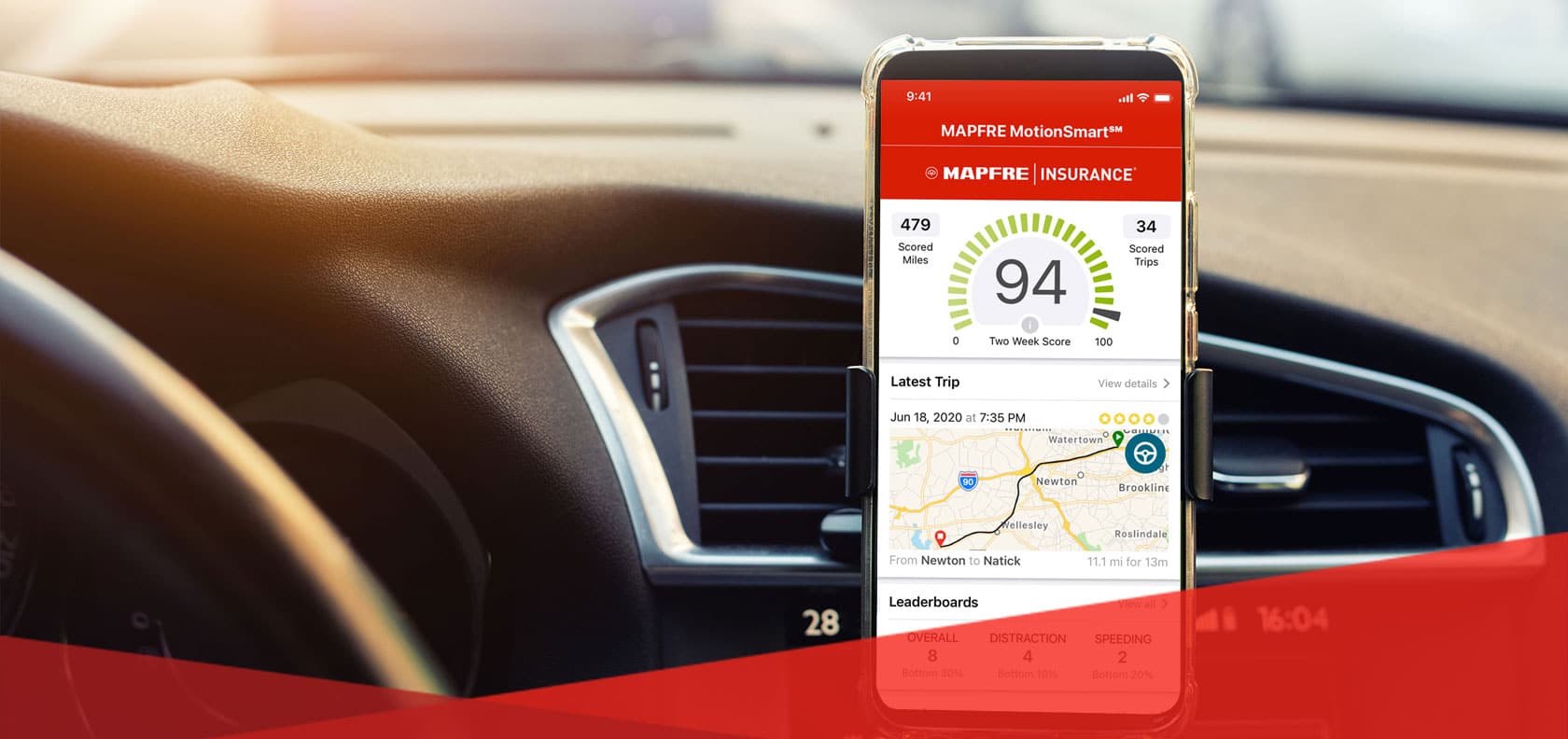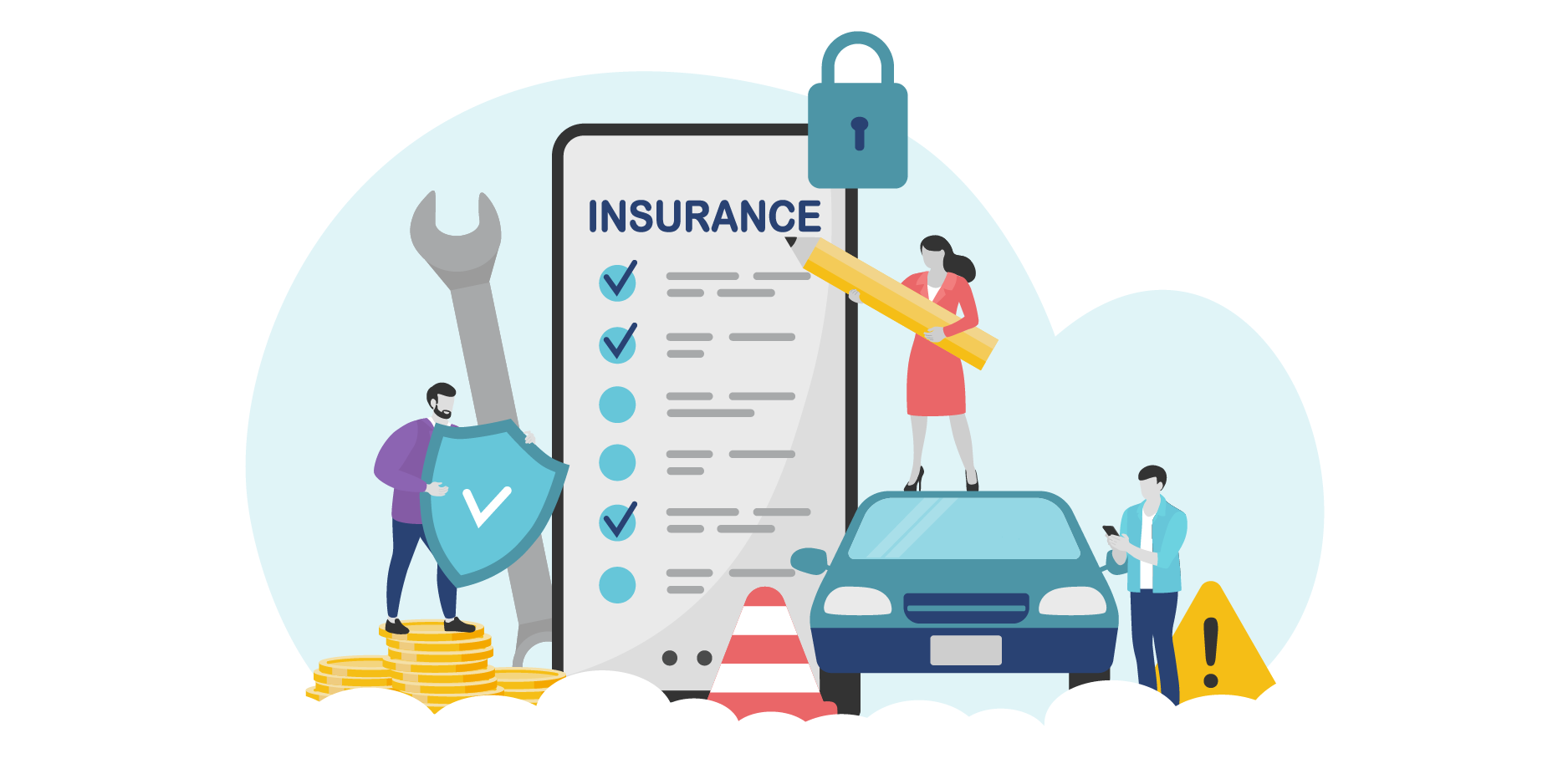The Comprehensive Guide to Usage-Based Insurance (UBI)
Usage-Based Insurance (UBI) is transforming the auto insurance landscape by tailoring premiums to individual driving behavior. With a focus on data-driven personalization, this innovative model offers both cost-saving benefits and insights for policyholders. In this article, we’ll dive deep into what UBI is, how it works, its benefits, and things to consider when choosing a UBI policy.

What is Usage-Based Insurance (UBI)?
UBI is a type of car insurance where premiums are calculated based on how, when, and where you drive. Unlike traditional insurance models that rely on static factors like age or location, UBI uses telematics—technology that tracks driving habits in real time.
How Does UBI Work?
UBI relies on telematics devices, smartphone apps, or connected car systems. These tools monitor:
- Mileage
- Speed
- Braking patterns
- Time of day driven
- Geographic location
For instance, if you drive fewer miles or have safe driving habits, you may qualify for lower premiums.

Types of UBI Programs
1. Pay-As-You-Drive (PAYD)
PAYD calculates premiums based on the number of miles you drive. This is ideal for drivers who commute less frequently or use public transport.
2. Pay-How-You-Drive (PHYD)
PHYD focuses on driving behavior. Safe drivers with habits such as smooth braking and consistent speeds are rewarded with lower rates.
3. Manage-How-You-Drive (MHYD)
This program offers real-time feedback to help improve your driving skills, often incorporating rewards or incentives for safe practices.
4. Behavior-Based Insurance (BBI)
BBI takes a holistic approach by analyzing various factors like time of day and location to create a dynamic premium model.
Benefits of Usage-Based Insurance
1. Cost Savings
UBI can significantly lower premiums for low-mileage drivers or those with safe driving habits. According to recent studies, some drivers save up to 30% on their annual premiums.
“With UBI, you only pay for what you use, making it a fair and transparent model for many drivers.”
2. Personalized Premiums
Rather than lumping drivers into generalized risk categories, UBI offers a tailored approach, which can result in more accurate pricing.
3. Encourages Safer Driving
With UBI, drivers are incentivized to adopt better driving habits, reducing accidents and traffic violations.

Challenges and Concerns
While UBI offers a host of benefits, it’s essential to weigh the challenges:
1. Privacy Concerns
Telematics devices collect sensitive data, such as your location and driving habits. Ensure your insurance provider adheres to strict privacy policies. Learn more about data privacy here.
2. Limited Savings for High-Mileage Drivers
If you frequently drive long distances, the savings may not be as significant compared to traditional insurance.
3. Connectivity Issues
Some UBI devices require consistent connectivity, and disruptions could impact data collection.

How to Choose the Right UBI Policy
When considering a UBI policy, keep the following in mind:
- Compare Providers: Different insurers offer unique features. Check reviews and comparisons to find the best fit.
- Understand the Terms: Ensure you’re aware of how data is used and stored.
- Evaluate Your Driving Habits: Assess whether UBI aligns with your mileage and behavior patterns.
- Look for Rewards Programs: Some insurers offer cashback or discounts for good driving.
Common Misconceptions About UBI
1. UBI is Only for Young Drivers
While it’s popular among younger demographics, UBI benefits all age groups with safe driving habits.
2. Telematics Invades Privacy
Modern insurers use secure platforms to ensure your data remains confidential.
3. UBI Always Reduces Premiums
Savings depend on your driving behavior and patterns. It’s not a one-size-fits-all solution.
FAQs About Usage-Based Insurance
1. Does UBI affect credit scores?
No, UBI does not impact your credit score. It purely analyzes driving data.
2. What happens if I switch cars?
Most telematics devices are transferable. Check with your insurer for specific guidelines.
3. Can I opt out of UBI?
Yes, most insurers allow you to opt out, though you may lose associated discounts.
Future of Usage-Based Insurance
UBI is poised for significant growth, driven by advancements in artificial intelligence and connected vehicle technology. By 2030, experts predict that 60% of all auto insurance policies will incorporate usage-based models.
Emerging Trends
- Integration with smart city infrastructure
- Enhanced data analytics for more refined premiums
- Partnerships with ride-sharing companies
For a deep dive into industry forecasts, visit this comprehensive report.
Conclusion
Usage-Based Insurance is redefining the auto insurance market by prioritizing personalization, transparency, and innovation. Whether you’re a low-mileage commuter or a tech-savvy driver looking to save, UBI could be the perfect solution for your insurance needs. However, it’s crucial to evaluate its benefits and limitations carefully before making a decision.
As the insurance industry evolves, UBI is not just a trend but a sustainable approach to meeting the diverse needs of modern drivers. Embrace this shift and experience a smarter, more efficient way to insure your vehicle.
Drive smarter, pay less, and stay safe with UBI.

